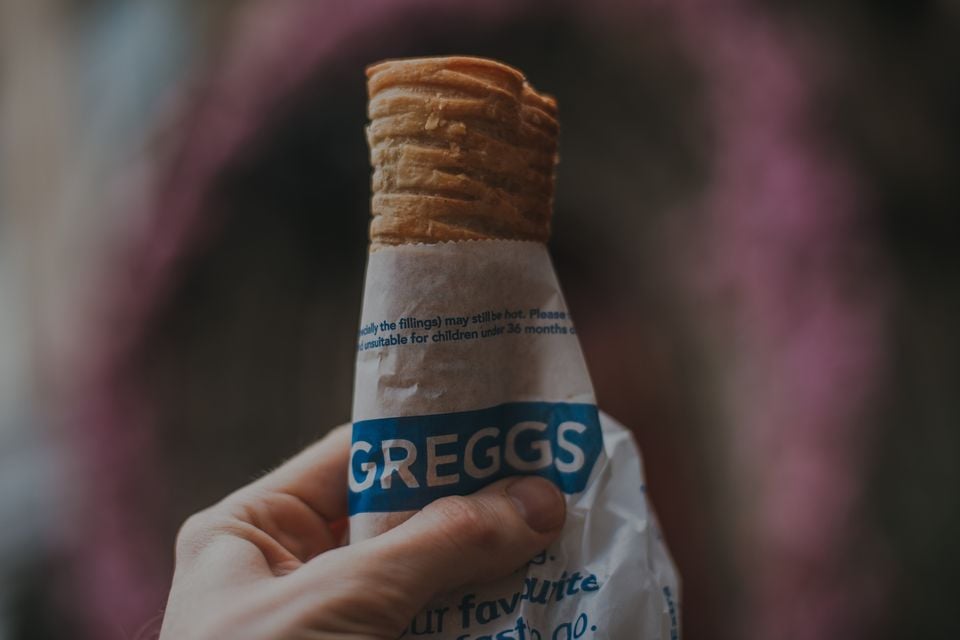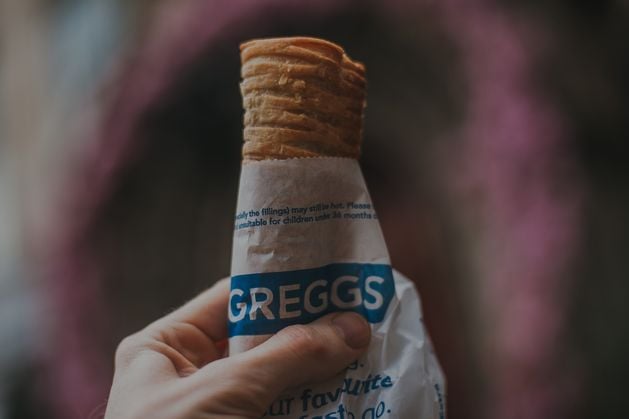Unionists hit out at ‘regulatory absurdity’ after lawmakers back ban on words linked to meat
Meat-free products in Northern Ireland will have to be sold under new terms, such as ‘tubes’ or ‘discs’ following Wednesday’s vote.
It was backed by a majority of conservative EU lawmakers, as well as some liberal members, to appease farmers.
The ban will apply because of the Windsor Framework, which commits Northern Ireland to following EU rules not followed by Britain, including on food labelling.
Unionist politicians complained before the vote that it was evidence of Northern Ireland being forced to adhere to rules it never backed.

Timothy Gaston
TUV MLA Timothy Gaston told The Daily Telegraph: “Once again, Northern Ireland finds itself bound by rules it did not make, subject to decisions in which no Northern Ireland representative has a vote.
“While the European Parliament debates what a sausage roll can be called, businesses here must brace for yet another layer of regulation that applies in Belfast but not in Birmingham.”
UUP MP Robin Swann told the newspaper: “This regulatory absurdity highlights the urgent need to scrap the Irish Sea border and ensure NI businesses operate under UK, not EU, law.
“For those who remember the 1984 episode of the satirical television programme Yes Minister, the plotline in which the EU would require the renaming of the British sausage as an ‘emulsified, high-fat offal tube’ seems to be fast becoming a reality.”

Robin Swann
The Assembly can delay the application of EU law by using the Stormont brake, designed to block, at least temporarily, the application of a rule if it has a “significant impact specific to everyday life in Northern Ireland in a way that is liable to persist”.
On the two previous occasions that the brake has been tested, however, Westminster has denied its use, claiming it did not meet the threshold.
It is also unclear whether there is sufficient opposition to this new rule within the Assembly.
Celine Imart, the French MEP who put forward the amendment, said: “A steak is made of meat, full stop. Using these names only for real meat keeps labels honest, protects farmers and preserves Europe’s culinary traditions.”
Plant-based ‘burgers’ and ‘steaks’ are also affected. The list of 29 “forbidden” words for plant-based products includes ‘beef’, ‘chicken’, ‘pork’, ‘bacon’ and descriptive terms such as ‘breast’, ‘wings’, ‘drumsticks’ or ‘ribs’.

French MEP Céline Imart
“Dairy products are already protected under the same regulation. Why not meat? Because let’s be clear: this vagueness around designations is no accident,” Imart told Euractiv, accusing “certain NGOs” of seeking to impose “an ideological vision of food”.
Imart said meat-related terms were all too often “usurped”, and that stricter rules were needed ahead of the “imminent arrival of synthetic meats“.
Rafael Pinto, senior policy manager at the European Vegetarian Union, said there was “abundant data from several EU countries showing that consumers are not confused by the use of these terms and are not buying plant-based products by accident”.
He continued: “This proposal has nothing to do with consumer protection and transparency. Artificially restricting the use of meat terms would be a waste of public resources and an undue restriction of European entrepreneurship and innovation.”

A loophole in the Brexit treaty means that Greggs’ vegan sausage roll will escape the possible order.
NI restaurant crowned ‘Champion of Champions’ in prestigious UK awards
The name of one vegan sausage roll will nevertheless remain unchanged in Northern Ireland despite the potential ruling: a loophole in the Brexit treaty means that Greggs’ product will escape the possible order.
The loophole allows for certain products made in Britain to be sold under their original name. The pastries are made in Britain before being shipped to 24 bakeries in Northern Ireland.
They cross the Irish Sea border using the ‘green lane’, which means they are deemed not at risk of crossing into Ireland.
